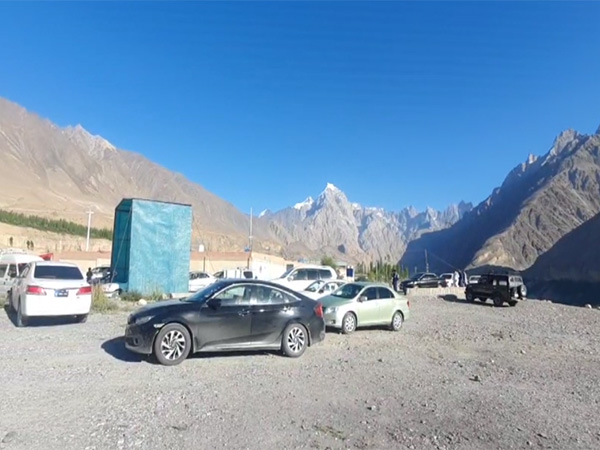State Neglect Imperils Tourism Hopes in PoJK and PoGB
Despite natural beauty, Pakistan-Occupied Jammu and Kashmir and Gilgit-Baltistan suffer from tourism neglect. Locals' efforts are thwarted by government intervention, infrastructure woes, and lack of facilities. Residents demand accountability and state support to nurture tourism and regional development.

In Pakistan-Occupied Jammu and Kashmir (PoJK) and Gilgit-Baltistan (PoGB), stunning landscapes remain inadequately supported by tourism development, largely due to systemic neglect by Pakistani authorities. A poignant incident in PoJK highlighted this ongoing issue when a locally developed waterfall site was demolished, despite a court-issued stay order. This area, painstakingly made accessible by local residents after an earthquake, offered vital economic support but was razed by the authorities, leaving chairs, cots, and tents amid rubble as symbols of dashed community effort.
Despite spending their own resources to enhance tourist spots, residents like Lal Mansoor testify to the challenges of overcoming both nature and bureaucratic hurdles. 'We turned this site into a tourist haven, only to watch it bulldozed without warning,' Mansoor lamented. Meanwhile, residents and tourists in PoGB echo similar frustrations over poor infrastructure. Broken roads, lack of amenities like shops, and absence of even basic food supplies make for grim tourist experiences, thwarting the growth of local tourism.
Tourists endure dangerous road conditions and inadequate facilities, underscoring an ongoing pattern of neglect from Islamabad in these occupied regions. Although the local communities invest invaluable time and resources to open economic opportunities via tourism, they face governmental apathy. The call for state intervention and justice becomes more urgent as local communities demand autonomy in shaping their destinies.
(With inputs from agencies.)
ALSO READ
Canada's First Nations Mount Legal Battle Against Fast-Track Infrastructure Laws
Andhra Pradesh CM Pushes for Robust Sports Infrastructure in Delhi Meet
Syria's Aviation Struggles: Progress Hampered by Conflict and Infrastructure
Andhra Pradesh Aims for Sports Infrastructure Boost
Himachal Pradesh Reels Under Torrential Rains: Infrastructure Severely Compromised










